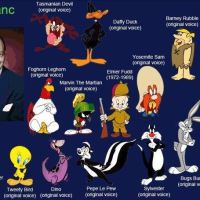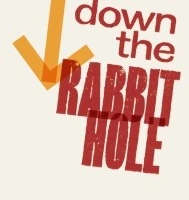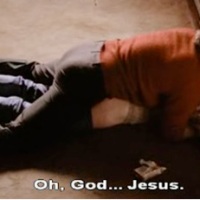 After more than thirty years in the music business, I don’t begrudge Tom Petty the right to an epic documentary charting his career.
After more than thirty years in the music business, I don’t begrudge Tom Petty the right to an epic documentary charting his career.
I would, however, challenge the implicit presumption that he is as important a figure as Bob Dylan or George Harrison, both of whom have been subject to similar films directed by Martin Scorsese.
Those movies, No Direction Home and Living In The Material World, lasted 208 minutes which Peter Bogdanovich trumps by thirty minutes.
As any reconstructed male will tell you, size isn’t everything and there is no good reason why Running Down A Dream should be so long. The story of the Heartbreakers’ roots as Mudcrutch and how the bond between musicians has remained so strong could have been told in half the time and would have made a much slicker and more interesting film portrait.
Bogdanovich includes too much extended footage of concerts and TV shows past and present which are interspersed with grainy home movies featuring lots of clowning but very little which enhances the narrative.
It wouldn’t be so bad if Petty, his band and other interviewees had a compelling story to tell. I quickly got tired of lame anecdotes of about how amazing it was to hear Elvis for the first time, to be in a great studio for the first time, to see a huge wad of cash for the first time, to stay in a plush hotel with a pool for the first time, to sign a record deal for the first time, to tour Europe for the first time etc etc.
Petty himself has a curiously immobile face so when he talks he looks like a ventriloquist’s dummy. His speaking voice has the same slightly bored and petulant tone you hear on his records, what George Harrison called a “whiney twang”.
Being chosen as Dylan’s backing band and his role in the Traveling Wilburys supergroup make for welcome diversions but the contributions of admirers like Stevie Nicks, Dave Grohl, Eddie Vedder and Johnny Depp seem to be included solely on the grounds that if cool dudes like this like the guy how can you not.
Petty’s main claim to fame is his consistency and ability to remain a crowd pulling performer without slavishly following musical trends. As producer Rick Rubin correctly observes, nothing in his sound or philosophy has fundamentally changed from 1976 to the present day. Twelve studio albums with The Heartbreakers in this period are all founded on the principle that anything that’s rock and roll’s fine. It’s slick and effective, it sounds great on the radio, it’s perfect driving music and it fills stadiums. Don’t try to tell me there’s much more to the story than this.
In other words, this is not the story of a gifted poet or an innovative artist who helped change the face of modern music.







